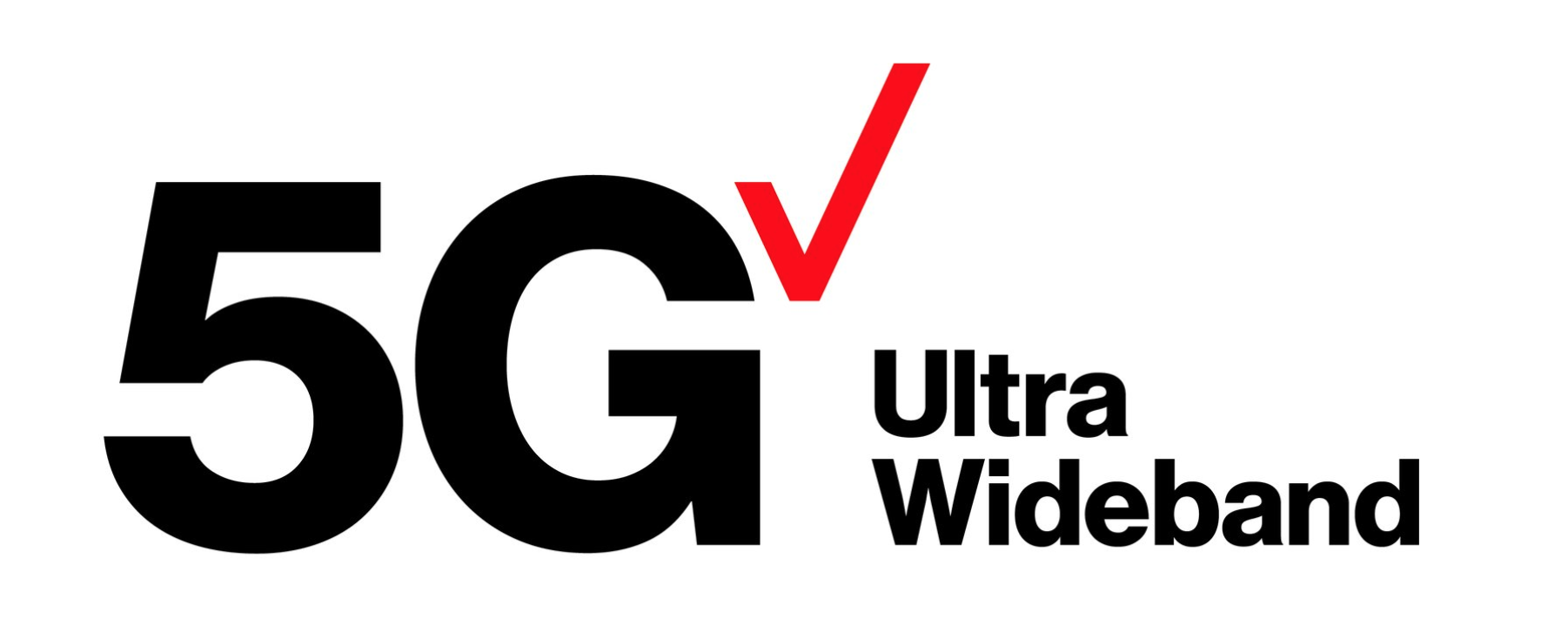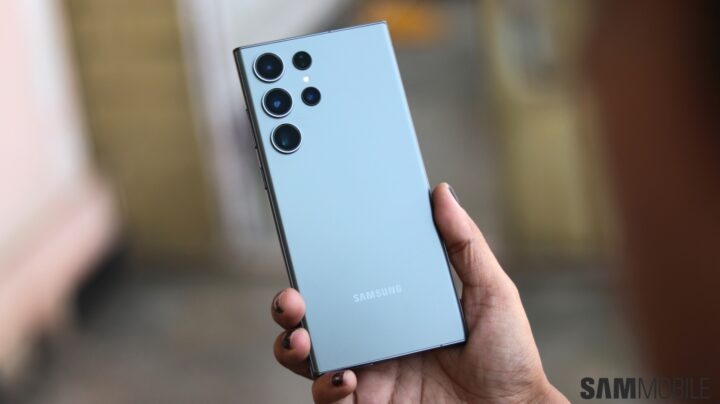BT has announced that its mobile network, EE, is the first to partner with Google to bring rich communications services (RCS) business messaging (RBM) to companies in the UK.
Advocates of RCS regard the technology – the next generation of mobile messaging, included in the latest GSMA 5G standard – as promising to enable operators and brands to increase subscriber engagement and create new revenue. It not only incorporates advanced multimedia capabilities into text messages, but also across multiple apps from a single messaging platform and with a single contact list.
RCS also offers the potential of providing a private-by-design direct marketing ecosystem that operators can offer to brands that can then take advantage of a new, secure, permission-based, personalised communications channel with higher open, response and click-through rates than SMS.
BT said that using Google’s RCS business messaging platform will enable businesses to engage with their customers more effectively through RCS. It noted that businesses will have the opportunity to create interactive experiences directly within the native messaging client, without customers needing to download a dedicated app. This, it said, can be used to powerful effect for businesses, such as sharing latest offers, providing support or tracking deliveries.
BT sees the key features of RCS business messaging as including an enriched customer experience, increased customisation and enhanced customer service. That means businesses can engage with customers that have opted in for messaging with a fully branded experience, including rich media, carousels and prompted replies.
Given that the platform is configurable to individual brand preferences, replies and actions are built in, making it easier for consumers to interact with messages, providing rich customer insight and increased conversion, said BT. Read receipts also enable businesses to measure the success of their campaigns better. RCS business messaging can also enable chatbot customer service for e-tickets, promotional QR codes, live tracking of deliveries and mobile payments.
Through its smart messaging platform, existing BT/EE mobile users with Android devices can already benefit from RCS, with over 2.5 million active users on the EE network and about 400 million RCS users globally. BT’s consumer division has also trialled RBM for a recent Samsung Galaxy S20 pre-order campaign, which delivered a step-change in customer engagement, driving a 5x improvement when compared to traditional channels, such as SMS and email.
“RBM brings a number of updated features for businesses, enabling them to enrich their interactions with consumers,” said Steve Best, MD of customer solutions at BT’s Enterprise Unit. “We’re already seeing the benefits of RBM through early-stage pilots, and we’re looking forward to further developing this powerful channel to enable businesses to enhance their customer experience through messaging.”
Tim Atkinson, business development at Google, added: “We are delighted to be working with BT to help enable businesses to provide their customers in the UK with upgraded experiences. With RCS business messages, businesses can send more interactive and useful messages to their customers. This means that a retailer can send an engaging carousel of photos of their product, and customers can interact further with the business, all without leaving the messaging app.”
Revealing an early case study of RCS business messaging, BT said pizza chain Papa John’s had run a three-day campaign via messaging partner Infobip for a vegan pizza offer, and the fully customisable branding provided an app-like experience for customers.
“Our first RCS campaign resulted in 23% higher sales than SMS outreach,” said Giles Codd, marketing director, Papa John’s (GB). “The interactive, branded content and images offer a more engaging experience for our customers, and it allows us to broaden our offer by giving customers more choices. The customer ultimately feels more in control, and Papa John’s can deliver a better service.”








![A Beginners Guide to a Successful Facebook Advertising Campaign [Infographic]](https://www.socialmediatoday.com/user_media/cache/d0/78/d0781e4d4ae4cc8d569905982497fbc4.jpg)




